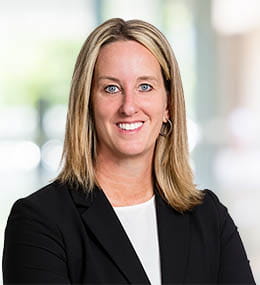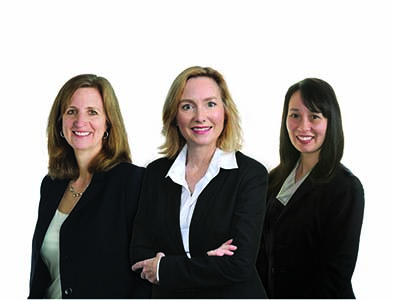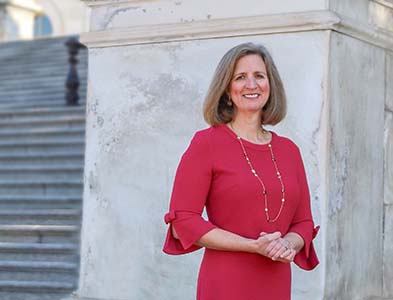Leading Women at Stout: Kim Randolph and Stacy Carron
Leading Women at Stout: Kim Randolph and Stacy Carron
At Stout, our professionals are the foundation of our ability to deliver excellent results to our clients. Here, we highlight two leading women at our company who are making that possible:
- Kim Randolph, Managing Director, Valuation Advisory
- Stacy Carron, Chief Information Officer
They reflect on the growth of their careers, obstacles they have needed to overcome to be successful, and recommended steps to creating a gender-inclusive company culture. See other leading women at Stout.
Tell us about your career path. How did you get to where you are today?
Randolph: Throughout my career, I've always tried to do my best, continually educate myself, and give 100% at whatever it is I'm working on. Commitment and hard work are values that my parents instilled in me at an early age, and they are really the largest factors that have contributed to success in my career.
Carron: A combination of always wanting to make things better\more efficient and not accepting "no" or "that's not possible" as an answer.
What does your current role at Stout entail? What are some of your favorite parts about the job?
Randolph: I serve as a Managing Director in the Valuation Advisory Group and the New York Office Leader. I'm responsible for overseeing the execution of a variety of different types of valuation work. Every project is different and presents different and unique challenges.
Carron: I am responsible for all of Stout's information and technology. Some of my favorite things include playing with new technology, optimization, and working with the IT team (they are quite funny and genuinely great people).
What was a challenge you faced in your own career growth? How did you overcome it?
Randolph: Early on in my career, there were times that I felt I was put in a position that I was unqualified for. Looking back on those instances, I think they helped me in the long run because they gave me confidence and a level of maturity that might have taken longer to develop. These situations helped me step outside my comfort zone.
Carron: We don't grow without challenges; thankfully, I've had many.
First, when I started out, I didn't have mentors in the technology space given how small the firm was. Seeking resources and mentors outside of the firm really helped me overcome this and chart my own path.
Second, 18 years ago, I had my first daughter; this was before maternity/paternity leaves were formalized. Reduced schedules and work-your-way didn't exist. I knew I couldn't commit to a 50+ hours a week work schedule. I had an honest conversation with my manager at the time, shared my concerns, offered to quit or find alternative solutions, and ended up with a reduced work schedule as I returned to work that allowed me the opportunity to deliver on what was needed in the office and at home.
What role do you play in helping to increase the number of women in senior leadership roles?
Randolph: I've always been a firm believer in supporting those who do their job well, regardless of gender. I look to identify people who have potential to grow and give them the opportunities to do so.
Carron: I think I play the same role everyone does: being supportive and inclusive to those (men or women) in really any role.
What role have you played in advancing Stout's diversity, equity, and inclusion (DE&I) efforts?
Randolph: I help to ensure that we have an infrastructure that supports flexibility and diversity for everyone.
Carron: Outside of those organizing and leading charges in the DE&I space, I feel we all play the same role: we need to be supportive and inclusive.
What advice would you give to young women beginning their own career climbs in the finance industry?
Randolph: Work hard and don't be afraid to step out of your comfort zone.
Carron: The advice would be the same regardless of gender and is like what I tell my kids, don't be afraid to make a mistake (it's how we learn), always do the right thing (would you be uncomfortable if your mom knew; if yes, don't do it), and don't wait for the opportunity (seek it, you are entitled to nothing).
What can employees, regardless of their role, do to promote the success of women and the development of a gender-diverse culture?
Randolph: Treat them like you want to be treated. But I also don't think this is unique to women, it applies to everyone.
Carron: I don't think women need something different; everyone just needs to be heard and given the opportunity to share ideas and make an impact. Regardless of role/gender, we promote diverse culture by seeking opposing opinions and viewpoints. Don't be afraid to have your opinions challenged and seek out those who approach things differently.







